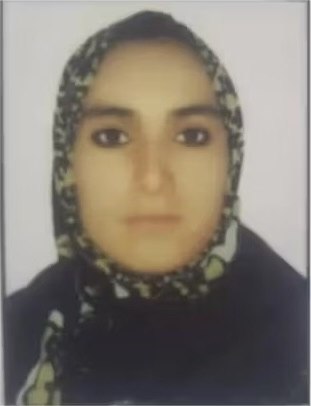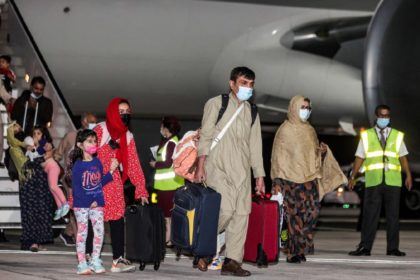RASC News Agency: In a tragic and deeply disturbing development, the Afghanistan Human Rights Defenders Committee has issued a strong condemnation following the self-immolation of a young woman named Abida in Ghor province. The incident has been described as a harrowing symbol of the entrenched system of gender-based violence and discrimination that continues to define the lives of countless women in Taliban-ruled Afghanistan. According to the statement, Abida had reportedly been coerced into marrying a member of the Taliban. After enduring years of domestic abuse and with no viable means of escape, she ultimately took her own life in an act of desperation and despair. Local sources suggest that her suicide followed repeated attempts to seek help each one met with silence or further intimidation.
The rights committee emphasized that Abida’s case is far from isolated. It reflects the broader reality of a country where patriarchal tribal structures, exacerbated by Taliban governance, have institutionalized the subjugation of women. “In rural regions,” the statement read, “the abuse of power by Taliban members has intensified, resulting in a growing number of women being forced into marriages without consent.” The committee laid the blame squarely on the Taliban, accusing the group of perpetuating systematic gender-based oppression. Practices such as forced marriage, domestic servitude, and the denial of basic freedoms have become the norm under the current regime. The committee further called upon the international community to make respect for human rights particularly women’s rights a non-negotiable condition in all interactions with the Taliban authorities.
News of Abida’s death triggered widespread outrage across social media platforms, where women’s rights activists launched a campaign under the banner “I Am Abida’s Voice.” The movement calls for urgent global attention to the worsening plight of women in Afghanistan and demands meaningful action to combat domestic violence and gender-based persecution. This tragedy unfolds against the backdrop of sweeping restrictions imposed on women and girls since the Taliban’s return to power in August 2021. Girls have been banned from attending secondary schools and universities, women have been pushed out of most forms of employment, and their presence in public life has been systematically erased. These oppressive policies have created an environment in which many women are trapped, voiceless, and increasingly at risk.
UN agencies and human rights organizations have repeatedly warned that Taliban policies amount to gender apartheid, with millions of women effectively excluded from education, work, healthcare, and civic participation. Yet meaningful international pressure remains inconsistent. The Human Rights Defenders Committee stressed that the international community must adopt a principled and assertive stance: no diplomatic recognition, economic engagement, or humanitarian partnership should proceed without binding guarantees for the protection of women’s rights. “Human dignity and equality must be the foundation of all international engagement,” the statement declared.
Abida’s death is not only a personal tragedy it is a powerful indictment of a system that enables, legitimizes, and reinforces the suffering of women. Her voice may have been silenced, but her story now stands as a searing reminder of what is at stake in the global fight for justice and equality in Afghanistan.






